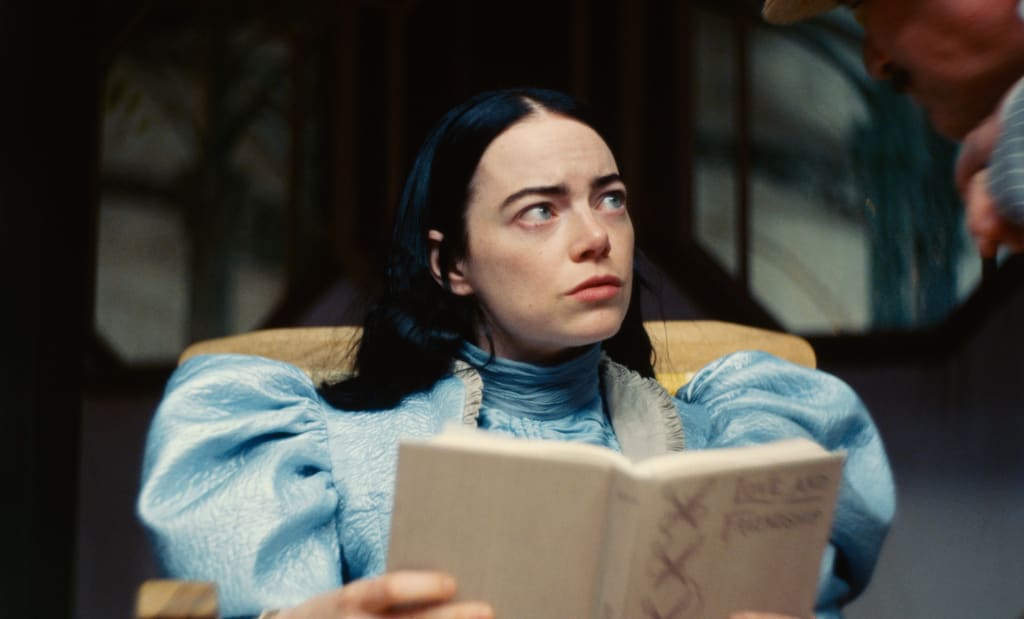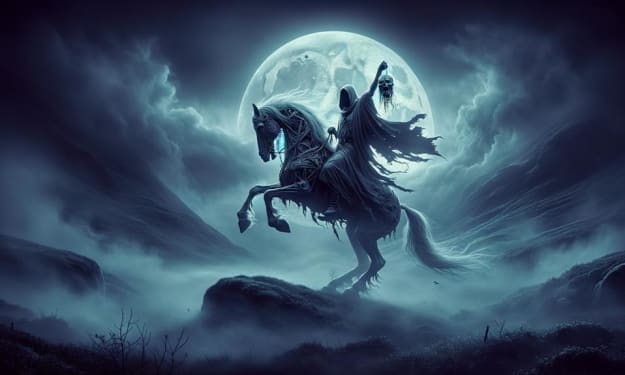
I saw "Poor Things" a month ago, but I've been reluctant to write about it since it seemed like spoiling the fun. The movie purposefully leaves room for multiple interpretations, so I didn't want to interfere with viewers' unadulterated, multifaceted experiences by adding my own.
However, I'm confused by the controversy around the movie and the wide range of opposing viewpoints it has generated, particularly among Anglo-Saxon audiences. The movie has been accused by some of supporting pedophilia. Some people believe it harmful to utilize blatant sexual exploration as a means of achieving female liberation. Some have even called the male characters in the movie "one-note" or said that the connection between socialism and female emancipation is merely another instance of the director's misguided, naive views.

Over the past month, all I've been thinking about is how utterly irrelevant all of these readings are, even though I can see where all of these viewpoints are coming from and even follow their logic.
A film will teach you how to read it if you examine it closely, according to the first and most obvious rule of cinema analysis. Yorgos Lanthimos, the director of "Poor Things," thus conveys to the audience from the outset that this is not the real world, despite its surreal appearance. This is evident when we enter a bizarre black-and-white world that appears to be a combination of Victorian London and science fiction fantasy, seen through a purposefully twisted fisheye lens. There are hints everywhere: a man's tattered face has been chopped up and reassembled; a duck walks like a dog; a steam-powered wagon has a horse's head; and a discordant four-note background music serves as a constant reminder that we are in a world where science experiments gone awry.

This realm operates under its own set of rules—or not. In this planet, the brain of a woman's unborn child can be revived by reintroducing it into her body. wherein the woman-child experiences an accelerated developmental stage without of traditional parental figures or social conditioning norms. a society where a woman can engage in frequent sexual activity (or what I propose we name "furious jumping") with little to no repercussions. where she never feels truly in danger and is totally free of shame.

Now, let's return to the golden rule and examine this movie by examining the hints provided by its creator. The movie gives an homage to Frankenstein when we first witness this universe in shaky black and white. This is essentially an unbiased, omniscient view, save from the twisted fish-eye frames and the peculiarities of the characters that serve to remind us of its artificiality. From the same vantage point as the two men who have taken on the role of her self-appointed guardians, we are observing this woman-child. We share their worry and want to protect her by putting similar restrictions on her as they try to stop her from jumping from the carriage to explore the outer world.
However, Bella Baxter matures quickly after that. (Cave viewers will recognize the incident in which it becomes clear that she actually experiences menstruation.) She learns to speak in complete phrases, appreciates cucumbers, and becomes enamored with the prospect of exploring the globe with an intrepid traveler who plainly has ulterior motives.

The obvious interpretation of this movie is that it is about the evolution of a woman. But it offers many additional interpretations as an allegory of women's progress. For example, a psychiatric perspective would regard Godwin as the object of a traditional Freudian castration complex. A peculiar reversal of the parent-child dynamic is provided by triangulating him with the ferociously sexual Bella and the ostensibly asexual/meek Max McCandles (Ramy Youssef). Godwin, who is similarly hideous but humanized, demonstrates how intergenerational trauma operates when he discloses how his father abused him in a moment that is masterfully acted by Willem Defoe. As Bella Baxter matures, she actually stops the pattern when she takes back her agency and consciously chooses to forgive his "sins." The novel has a sweet heart because of their peculiar father-daughter relationship, which also raises a profound question: what does it mean to mother oneself? perhaps to raise a parent? to be a lady free from the influence of her family and fully accountable for her life?

'Poor Things' is undoubtedly not a flawless movie. Although Bella's sexual awakening is shown earlier in the film from her perspective, beaming with joy, the scenes in the brothel are shot from an objective perspective to reflect the inherent power dynamic that no amount of agency can seem to erase. For this reason, I agree with critics who found the scenes too drawn out and uncomfortably voyeuristic. But it's important to keep in mind that Bella made this decision, just as Emma Stone did when she decided to represent it as the movie's producer in addition to acting in it. In the second part of the movie, the flamboyant manner gradually begins to lose its spark, and the scenes in which Bella witnesses "real poverty" in action seem a little didactic in a movie that otherwise aims to be more of an investigation than a declaration.

But in the end, Bella's unwavering will to make her own decisions drives the men around her to transformation, chastisement, or, in the comic example of Mark Ruffalo's Duncan Wedderburn, literally driving them to madness. Bella's decision to forgo motherhood is not surprising, given her upbringing frees her from the social pressure to procreate and allows her to explore her own sexual desire:a particularly moving decision when we take into account that the prior iteration of her leaped off a bridge due to her pregnancy. Bella has decided to take care of herself. Is the title "poor things" referring to the guys surrounding the woman in the center of the picture, or to herself herself, in another one of the film's delectable linguistic inversions?

In the end, "Poor Things," like all excellent satires, challenges the audience to actively participate by presenting us with unsettling realities that aren't all that far from society's reality and daring us to suspend our disbelief and judgment. This may explain why societies like France, where I saw the movie, did not respond the same way as more puritanical societies, who have found it difficult to look past the movie's more literal and moral interpretations.
About the Creator
WHB
Writing is just my side hustle,editing is my passion,painting is my hobby.






Comments
There are no comments for this story
Be the first to respond and start the conversation.